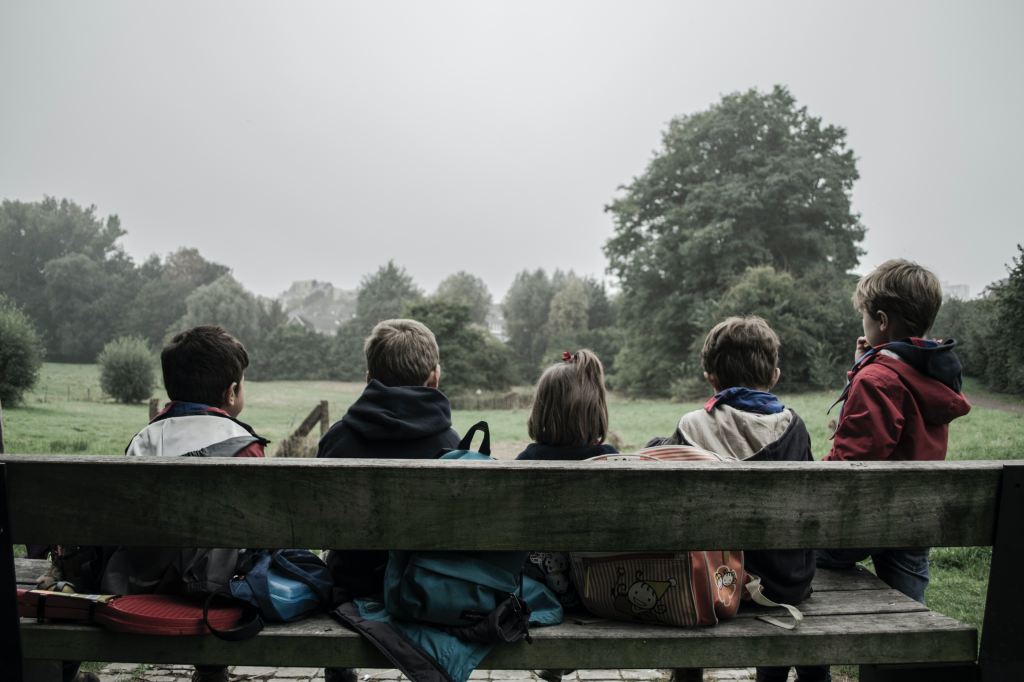
By Samantha Davey, Liz Fisher-Frank, Joanna Harwood and Jaime Lindsey
A new research project has been funded by the British Academy which will explore the voice of the child in private family law cases concerning allegations of child sexual abuse (‘CSA’). The aim is to draw on first-hand insights into the experience of children who had disclosed CSA during or in relation to private family court proceedings.
The project fills a gap by aiming to directly hear the voice of the child in family proceedings through narrative interviews. It will contribute to the evidence base regarding experiences of, and reform to, the family courts.
This project draws upon a workshop held at the University of Essex School of Law in March 2021 with ESRC Impact Acceleration Account funding, which explored the voice of the child in private family law cases concerning allegations of CSA. This workshop highlighted the need for further research to obtain first-hand accounts of children’s experiences of the family court – accounts that are notably absent from the existing evidence base.
The project is led by Dr Jaime Lindsey at the University of Reading, with Co-Investigators Dr Samantha Davey and Dr Joanna Harwood from the University of Essex. We have also been supported by family law expert and Essex Law Clinic Director Liz Fisher-Frank and through training and consultancy provided by the Centre for Action on Rape and Abuse (CARA).
Why now?
This research into the family courts is important now, at a time when there have been several concerns raised about the family courts’ response to domestic and sexual abuse allegations in private law cases. For example, a recent report by the University of Manchester, in conjunction with SHERA Research Group, found that women suffered ‘serious health problems … as a result … of biased family court proceedings.’ Relatedly, the Ministry of Justice in their published report ‘Assessing Risk of Harm to Children and Parents in Private Law Children Cases’ highlighted that ‘the voices of children experiencing domestic abuse and child sexual abuse are not sufficiently heard by the family courts’ (MoJ, 40). The Ministry of Justice report further noted that there are many reasons why victim-survivors of sexual abuse might have negative experiences. These may include the lack of resources, the way that the court works in a ‘silo’, lacking coordination with other organisations, and the adversarial approach of the court system which focuses on investigation rather than supporting survivors.
We know from evidence in other areas that victim-survivors of sexual abuse often recount sentiments of being silenced, misunderstood, or negatively judged, and often feel a sense of re-traumatisation from their courtroom experiences (Rape Crisis, 2023). The adversarial layout of court proceedings can sometimes exacerbate negative experiences, despite it being possible to make adjustments within the court system, such as allowing victims to give evidence through video links or behind screens.
The 2021 workshop, referred to above, demonstrated a need for research to facilitate the direct voice of child victim-survivors and to explore whether there is a need for reform in the law or court processes, shifting towards a child-centred approach to hearing the voice of the child where CSA allegations are raised in family courts.
Given the absence of evidence from children who have experienced family court processes, this research aims to record, through narrative interviews, the voices of those who experienced the family court as children and give them an opportunity to tell their stories directly through the research.
Contact details
If you would like to know more about this planned research or would like to be kept informed as the research progresses, please contact the Project Lead, Dr Jaime Lindsey at j.lindsey@reading.ac.uk or Co-Investigator Dr Samantha Davey at smdave@essex.ac.uk.